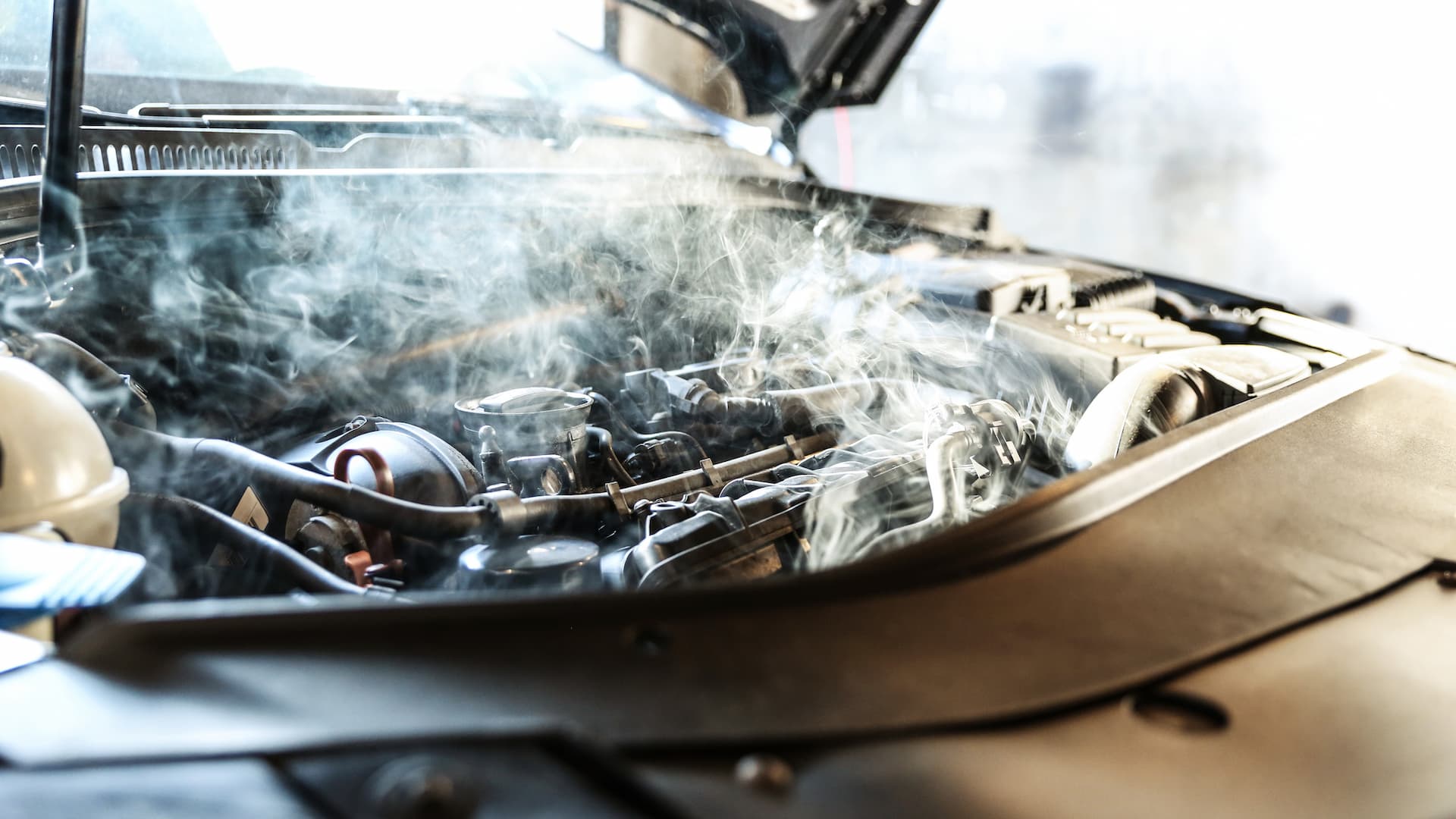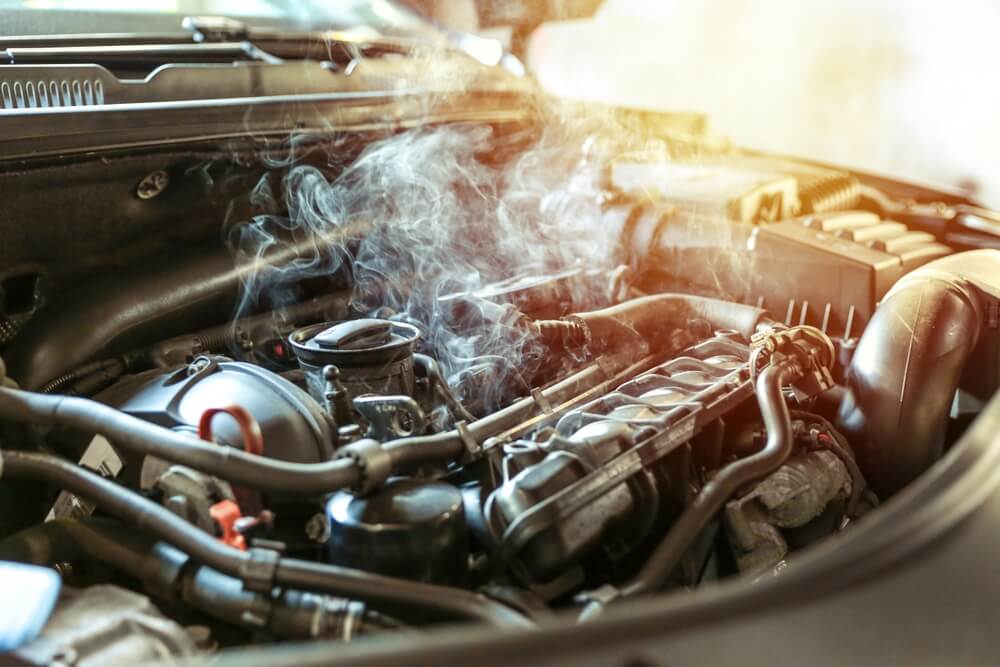Summer is coming, and families are eager to make memories during road trips, beach outings, and picnics. However, the excitement can quickly turn into frustration if your car overheats. It’s important to take steps to prevent this from happening, as overheating can lead to engine damage and costly repairs. Being aware of the signs of an overheating engine can help you avoid these stressful situations.
An overheating engine often gives early warnings. Some common signs include a sweet smell, which could indicate leaking coolant or antifreeze, steam rising from under the hood, or the engine temperature gauge rising into the red zone. Additionally, the “Check Engine” or “Temperature” light on your dashboard may illuminate when your engine is overheating. Recognizing these signals can help you take action before serious damage occurs.
If you find yourself in a situation where your car is overheating, it’s essential to stay calm and follow specific steps. First, turn off the air conditioner to reduce the load on the engine. Then, turn the heat up inside the car to help divert heat away from the engine. Find a safe place to pull over and shut off the engine. Allow it to cool down for at least 15 minutes while monitoring the temperature gauge. If necessary, add coolant to help prevent further damage to the engine.

After the engine has cooled, carefully restart the car and drive to the nearest repair shop, keeping a watchful eye on the temperature gauge. If the gauge rises again, pull over and repeat the cooling process. It’s important to avoid continuing to drive with an overheated engine, as this can cause significant damage to the engine and other components.
There are also important actions to avoid when dealing with an overheated engine. First, don’t continue driving to your destination, even if the engine seems to be running fine. This could result in irreparable damage. Avoid opening the hood immediately, as the engine is extremely hot and you risk burning yourself. Lastly, don’t wait for the problem to fix itself; an overheating engine requires professional attention to prevent long-term damage.
To prevent overheating in the first place, regular maintenance of your car’s cooling system is essential. The cooling system, controlled by the thermostat, ensures coolant circulates through the engine and radiator to reduce heat. Checking and maintaining the coolant level is one simple task you can do yourself to prevent overheating. Periodically inspect the coolant reservoir and ensure the level is between the “low” and “full” marks. If it’s low, add coolant to keep the system functioning properly.

